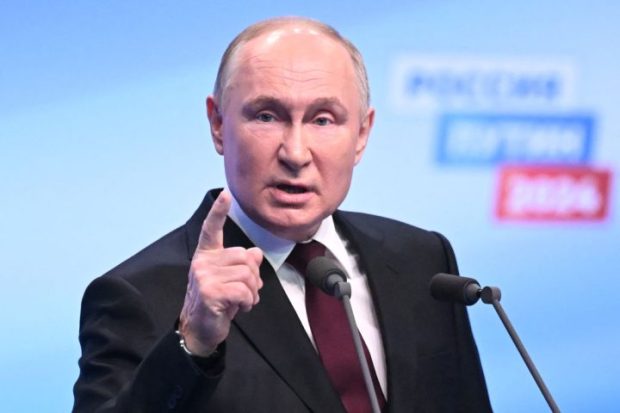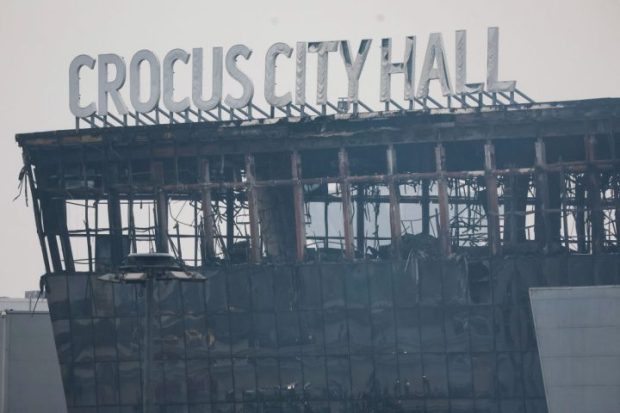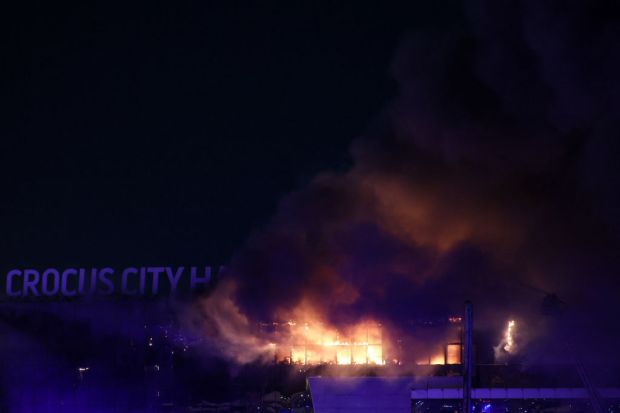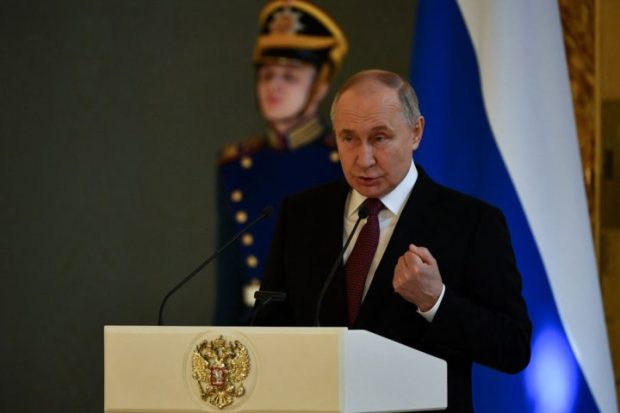In the last few weeks, Russia has been flaunting its military build-up in and around Ukraine, sending 20,000 extra troops, artillery convoys, and trains heaving with weaponry to Crimea. To avoid this escalating into full-scale war, a more robust and consistent response is needed from the international community, as well as new fora and strategies to avoid repeating the same mistakes.
Ever since Russia’s invasion of Ukraine in 2014, France and Germany have assumed leading roles in mediating the conflict. They are part of the ‘Normandy Quartet’ and mediators for the Minsk Protocol. But both of these initiatives have floundered and the Franco-German failure to stand up to Russia is partly to blame, following Macron’s self-serving attempts to ‘reset’ with Russia and Germany’s enduring commitment to the Nord Stream 2 pipeline. Both countries released equivocating statements last week about the need for ‘all sides to de-escalate’, demonstrating that neither can be relied upon to defend the victim in all this, Ukraine.
The Ukrainian President, Volodymyr Zelensky, has been careful to avoid escalatory language and Ukraine does not view the latest military build-up as part of an imminent invasion. Instead, it seems likely that Russia’s behaviour is coercive signalling, although these movements could be a precursor to an invasion at a later date. To avoid this nightmare scenario now and in the future, Ukraine and its allies in the West need to actually deter Russia, not just react. As Mark Galeotti has argued, ‘this is a time for the West to formulate serious consequences for Moscow if it launches a full offensive’ which should then be communicated quietly, but credibly.
For this to happen, Russia must see that international leaders take the territorial integrity and security of Ukraine seriously. Germany and France have certainly shown they cannot fulfil this task on their own. Under the new Biden administration, the US can and should play a bigger role, but the UK should take more responsibility too. It could start by playing a leading role in the Ukrainian government’s new Crimea Platform, an international forum to mitigate the negative impact of Russia’s occupation of Crimea and set out a long-term plan towards de-occupation.
Since 2014, the Russian Federation has nearly tripled its military strength in Crimea, with over 32,500 troops now stationed there along with a significantly increased number of weapons and military equipment. It has installed 13 Kalibri naval-based cruise missile carriers on the peninsula and restored its nuclear infrastructure, creating a very real threat of nuclear weapon proliferation. This should have been addressed sooner.
Responsibility for the conflict lies exclusively with Russia, but if the West had more carefully monitored the situation and taken less of an ad hoc approach to its red lines, it could have helped to avoid the dangers facing us and Ukraine today. The ‘Crimea Platform’ is being set up by Ukraine to provide a more comprehensive and consistent response to actions on the occupied peninsula, using targeted measures that range from closing sanctions loopholes to establishing a security forum on the Black, Azov and Mediterranean Seas. The Platform, which has still not formally been launched, is not the solution to the current escalation but it is important for avoiding future conflagrations.
It will put Crimea back at the heart of discussions on how to counter ongoing Russian aggression – where it belongs. The troop movements this week demonstrate the relevance of continued monitoring of the Russian government’s militarisation and repression, including forced conscription and deteriorating human rights on the peninsula. Many security issues, in particular, have direct and indirect ramifications beyond Crimea. Russia’s heightened naval activities in the Sea of Azov and in the Black Sea, for example, pose a significant challenge to Nato member-states in the region and threaten global food supplies.
Moreover, although the peninsula is unlikely to be de-occupied any time soon, we should not give Russia the impression that we have accepted the annexation of Crimea, or signal that they can disregard international law. This has implications well beyond the region, as the UK, where Russia used chemical weapons to poison the Skripals in 2018, is well-aware.
The UK has been a steadfast ally to Ukraine on questions of territorial integrity – providing defence commitments, sending rapid response forces, and signing a far-reaching strategic partnership agreement. Taking a leading role in the Crimea Platform would be an excellent way for the UK to step into a more significant role, one that also will allow us to realise some of our ambitious talk about Global Britain and amplify our post-Brexit voice in Europe.
This is clever positioning for the UK, but it is also a necessary step to reinforce Ukrainian, European and British security, for which Russia’s occupation of Crimea remains not a historical fait accompli but an ongoing and present threat.
Got something to add? Join the discussion and comment below.
Get 10 issues for just $10
Subscribe to The Spectator Australia today for the next 10 magazine issues, plus full online access, for just $10.



















Comments
Don't miss out
Join the conversation with other Spectator Australia readers. Subscribe to leave a comment.
SUBSCRIBEAlready a subscriber? Log in